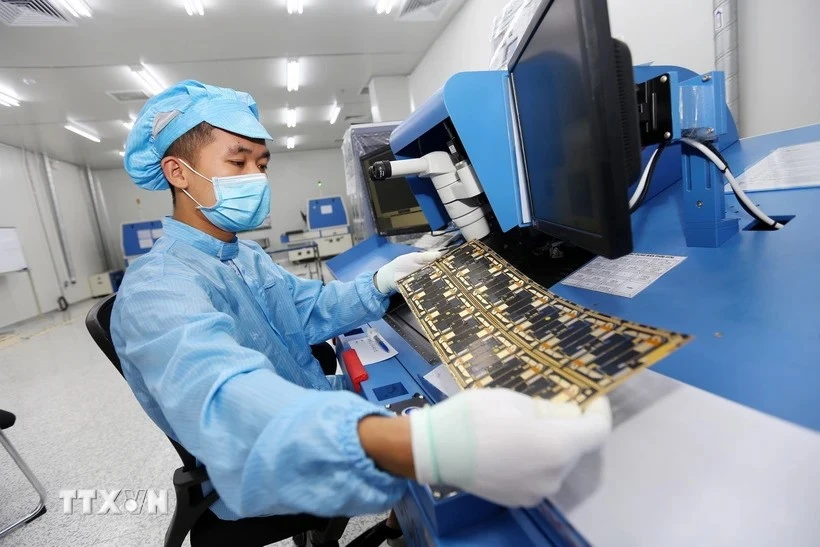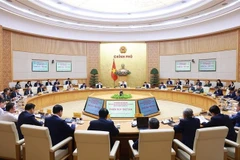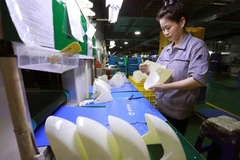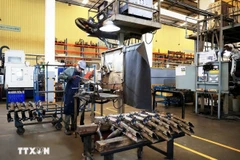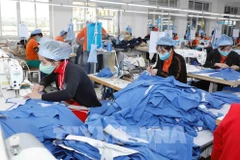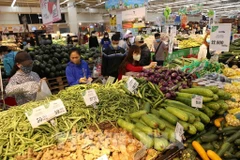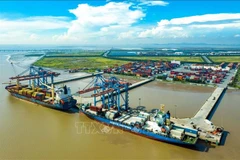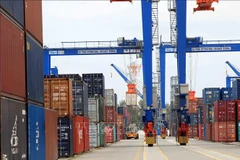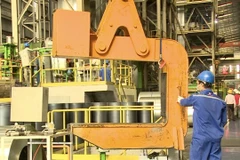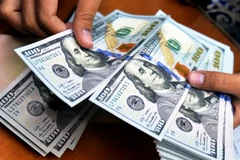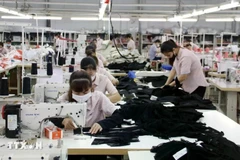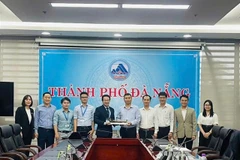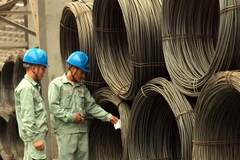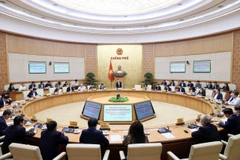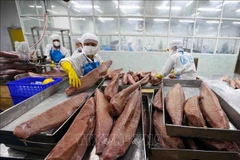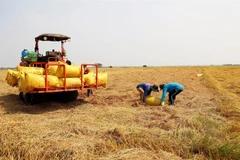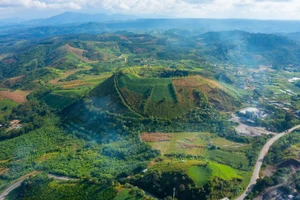Ottawa (VNA) – Vietnam is emerging as a promising destination for Canada's manufacturing investments, particularly for those aiming to tap into the lucrative markets of the Association of Southeast Asian Nations (ASEAN) and the broader Asia-Pacific region.
Talking with the Vietnam News Agency (VNA)'s resident reporter in Ottawa, Director of Global Agri-Food at Export Development Canada (EDC) Ashley Kanary shed light on Canada's strategy to diversify its markets beyond the US. This strategy prioritises agricultural and processed food products, with a keen focus on expanding exports to the Indo-Pacific region while bolstering production and trade activities.
EDC is actively carrying out this strategy in Southeast Asia, particularly in nations with bilateral and multilateral free trade agreements with Canada. Among these nations, Vietnam stands out as a key destination. Canadian businesses see Vietnam not just as a market but also a gateway to the entire ASEAN and Asia-Pacific region. Notably, Vietnam is one of the few ASEAN countries that share the Comprehensive and Progressive Agreement for Trans-Pacific Partnership (CPTPP) with Canada, further enhancing its appeal.
Kanary said Canada boasts strengths that enable it to compete effectively in any market, particularly wheat, peas, grains, and barley. Canadian seafood, such as crab, lobster and salmon, is also among the best in the world, making it highly competitive.
He stressed that strengthening bilateral connectivity in agricultural production and processed food is expected to present significant opportunities for both economies, especially in trade and food security.
Vietnamese Trade Counsellor in Canada Tran Thu Quynh noted that agricultural products from Vietnam and Canada complement each other rather than compete. This synergy, facilitated by shared free trade agreements like the CPTPP, offers a unique opportunity for businesses from both countries to leverage cumulative rules of origin. By integrating these rules into processed agricultural production, they can increase the added value of Vietnam’s traditional agricultural products.
According to the official, the Vietnam Trade Office in Canada is actively promoting Vietnam as a gateway for Canadian enterprises to access the ASEAN and Asia-Pacific markets. Vietnam's ongoing investments in infrastructure, including seaports, roads, and telecommunications technology, provide a robust foundation for Canadian firms to invest in Vietnam. This infrastructure development positions Vietnam as an ideal hub for exporting to regional markets or vice versa.
Nathan Andrew Nelson, Director of Indo-Pacific Innovation and Chief Representative Vietnam for EDC, anticipated an increase in the number of Canadian companies setting up operations in Vietnam. These companies view Vietnam not just as a manufacturing hub but also as a potential processing centre for the agri-food sector.
Previously, Canadian companies had relocated production to countries like China to leverage lower costs before exporting back to North America and Europe. Now, they are eyeing Vietnam as a new production base, with the potential to export to Indonesia, the Philippines, and other regional markets, he added./.
